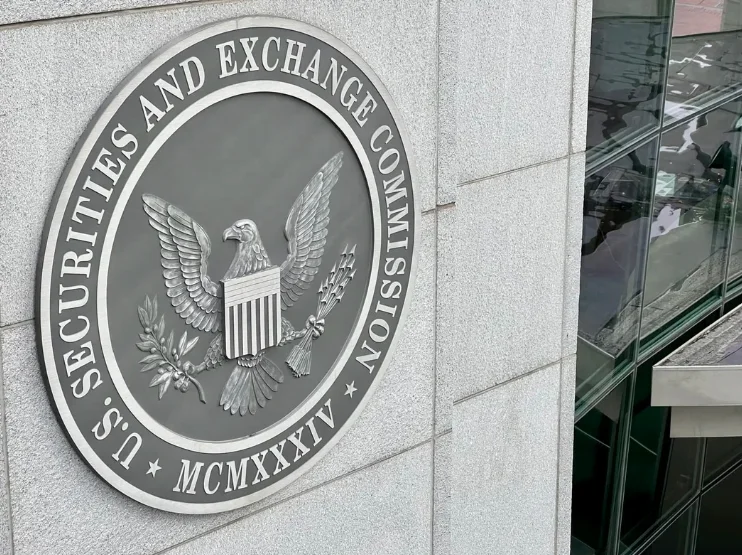The SEC says that lenders should treat customers’ crypto assets as liabilities, which could be “too expensive” for banks.

People who know about the situation told Reuters that the U.S. SEC advice on how banks should handle their customers’ digital assets is causing problems for the banks’ crypto projects.
In March, the SEC said that all U.S.-listed public companies that act as crypto custodians should put their crypto exposure on their balance sheets as liabilities instead of assets and tell investors about the risks that come with these liabilities.
The SEC said that there are different technological, legal, and regulatory risks for lenders who hold crypto assets than for other assets.
The Basel Committee on Banking Supervision, which sets global standards for banking regulation, wants to make strict capital requirements and exposure limits for banks that deal with crypto.
The upcoming standards from the Basel committee and the SEC’s advice could make U.S. banks even less likely to take part in digital asset markets.
According to a report released on Friday, banks will have to hold cash to match their liabilities on their balance sheets if they count cryptocurrency held on behalf of their clients as a liability.
U.S. Bancorp (USB) told Reuters that it would stop taking on new cryptocurrency clients until it could evaluate the “changing regulatory environment.” Investment bank BNY Mellon (BK), on the other hand, wouldn’t say anything about the status of its cryptocurrency projects.
The report says that an unnamed European bank that wants to offer crypto custody services in the U.S. said it would be “prohibitively expensive” to do so under the new rules.
Anchorage Digital, a company that specializes in crypto custody, told Reuters that all banks that work with the company are “now waiting on regulators” before moving forward with crypto custody solutions with Anchorage.
News outlets asked BNY Mellon, U.S. Bancorp, and Anchorage Digital for comments, but they didn’t answer right away.
